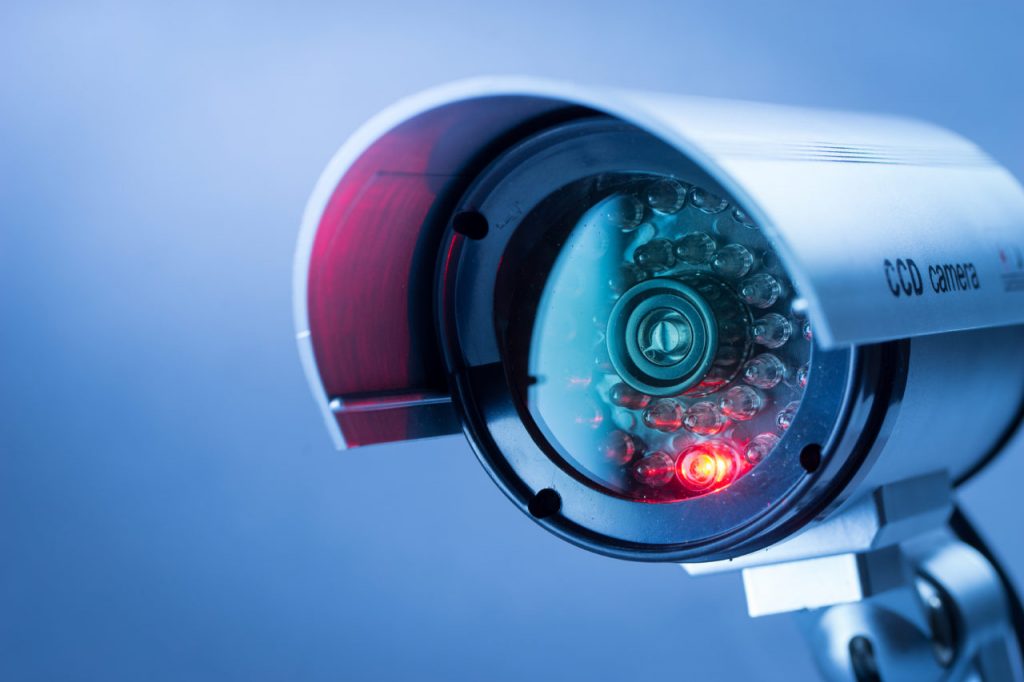Security Cameras [The Insights & Benefits]

Security cameras usually serve one purpose, to monitor or surveil your home, both interiorly and exteriorly. They are also a great deterrent for criminals who may have otherwise broken into your home and stolen your money and possessions, due to the risk of being identified, most thieves will avoid homes that have surveillance (even if the cameras are just for show).
To be safe, it is important that your cameras actually work, just in case those criminals decide to gear up and disguise themselves, despite this you will still have video footage to use for insurance claims or in court cases – hard evidence! Recording what happens in and around your home will not only give you peace of mind, but also some insight into the activities that take place in your local area and whether you have any ongoing concerns for your property.
No good security system is complete without security cameras, they are the pinnacle of any security measure, without them you are doing yourself, your home and your family a disservice.
Indoor/Outdoor:
This can be a common misconception, more often than not when a security camera is listed for both indoor and outdoor use, it means that they will be able to be used both inside and outside effectively, not that you need to install them indoors.
That being said, many people are opting to install indoor cameras for when they are away on holiday or throughout the day if the home is empty/pets only. They do not need to be invasive and can be set to timers to only record between the hours that no one is home.
Most security cameras come with wired or wireless options. Wired cameras often have more features, are less expensive to buy but take more time and effort to install by a professional. Whereas, wireless cameras are easier to install yourself, require batteries to function and generally cost more to purchase for quality footage.
Weighing Up The Pros And Cons:
- Wireless are more expensive but easier to install
- Batteries need to be changed regularly for wireless cameras
- Wired are cheaper but more expensive to install
- Opt for higher quality footage and storage
- Wired cameras will not turn off if batteries die and usually continuously record
- Wireless usually only record and store footage when there is movement detected
- For rentals, wireless is best, for homeowners, hardwired cameras are a much more worthwhile solution.
What Is Needed?
Wireless cameras, although super easy to install with footage being captured in minutes, often require a monthly subscription to an app that captures, stores and archives footage for you and allows you to monitor what is occurring around your home while you are away. This service is also great so you be send text alerts when someone is detected outside your home, like the postman or delivery guy who has shown up too early!
Signing up for an app is a good way to ensure you never run out of storage space for your footage and receive real-time alerts when things are not going to plan. Other cameras offer a professional service that monitors your security footage for you and they can alert authorities about any suspicious activity too.
Batteries, that are long-lasting are required for the wireless camera and wired cameras will require appropriate installation, usually by an electrician who will do that hard work (like crawling through the roof, laying cables and drilling holes) for you.
Key Features:
There are so many different variations of cameras, whether you choose to have one or several around your home, you can be sure to keep your eyes peeled for any of the following features that will assist in keeping your home secure.
- Wireless technology (battery operated)
- Smart home compatibility
- Easy, DIY installation
- Mobile alerts, in-app notifications, texts and calls.
- Durable, weatherproof equipment
- Free cloud storage or subscription-based storage.
- Facial recognition features to avoid false alarms. Store your familiar faces.
- Two-way communication to assist with deliveries, uninvited guests or if you are running late.
- Voice response
- Left, right, up, down and fully circular motion of camera angles.
These are all great benefits and features to look out for when purchasing your security cameras. It is important to also note a few things to avoid:
- Static cameras
- Wireless cameras that don’t alert you when the battery is low
- Easily removed cameras, opt for ones that screw in.
To Look For:
HD quality footage, backup storage, mobile app access so you can watch live, voice interaction – really great for the postman or unexpected guests. Cameras that move up down, left-right and do a large panning motion are best.
The Wrap Up:
Start your security system off with a bang, security cameras are the best place to start when you begin thinking about increasing the security of your home and your family. You can read more about other measures of security here.



